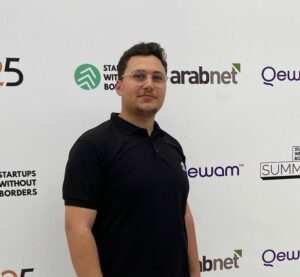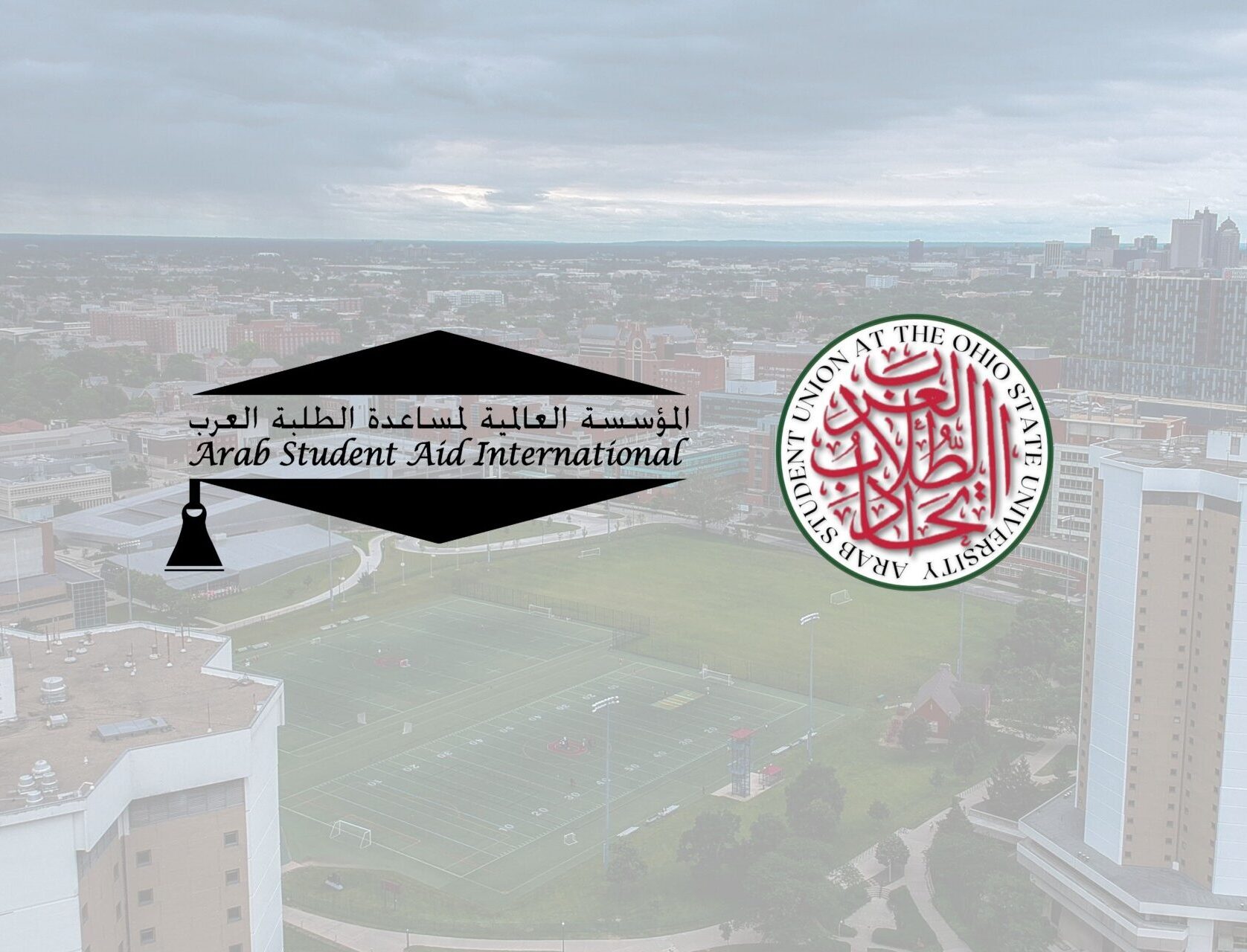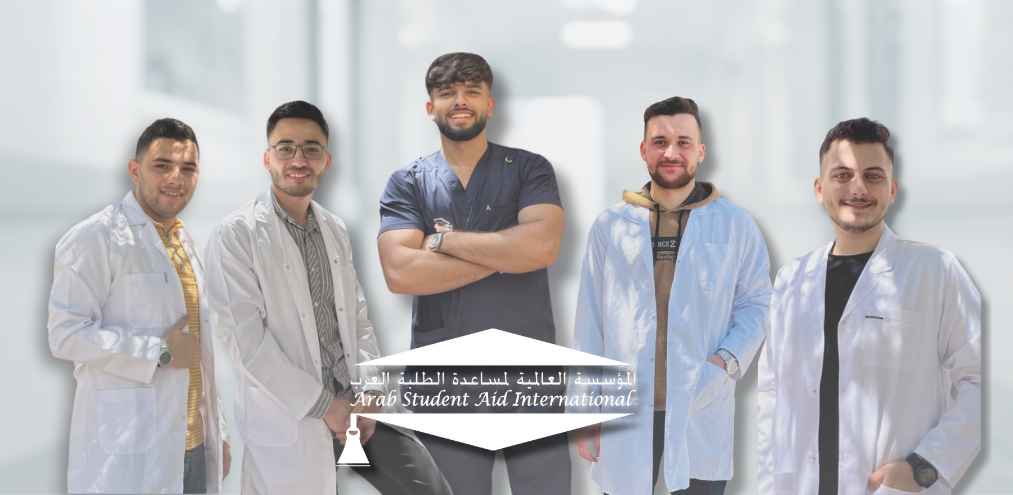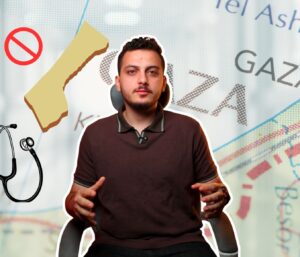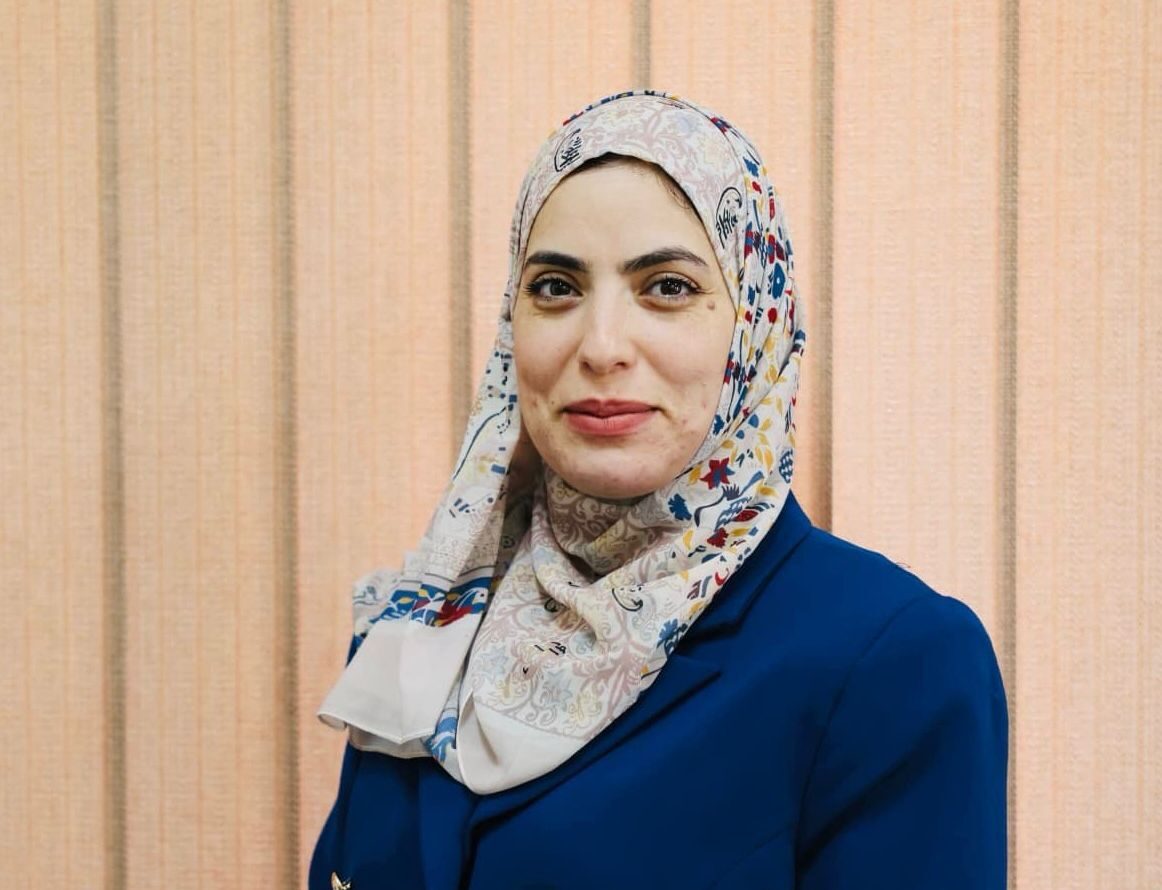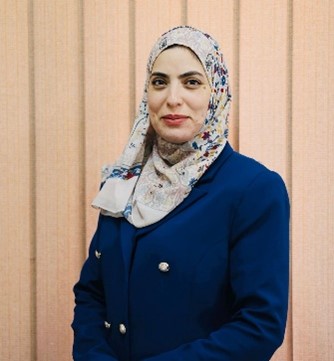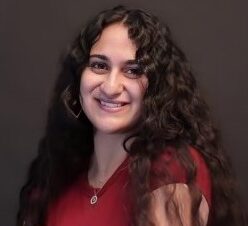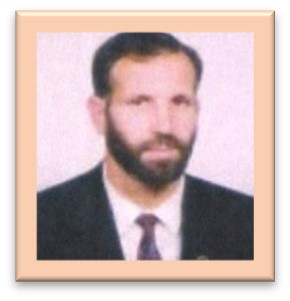Empowering the Future: The 50-Year Legacy of Arab Student Aid International (ASAI)
Since its inception in 1976, Arab Student Aid International (ASAI) has stood as a beacon of hope for brilliant minds facing financial barriers. Founded by the visionary Qutub brothers—Dr. Joseph, Professor Musa, Mr. Dawood, and Professor Ishaq—ASAI was born from a simple yet profound realization: economic instability should never be a roadblock to academic excellence.
What began as a grassroots effort to support Palestinian and Arab students has blossomed into a globally recognized non-profit foundation. Registered in the USA as an independent, non-political organization, ASAI has spent nearly five decades bridging the gap between ambition and opportunity.
A Global Network of Leadership :
The strength of ASAI lies in its prestigious and diverse leadership. Over the years, the foundation has established Trustee groups across the globe, guided by some of the most influential figures in the Arab world and beyond:
* Kuwait & Palestine: Early foundations were laid by prominent businessmen and scholars who shared a collective belief in human capital.
* Jordan: Expansion continued with the support of leaders like Abdul Hamid Shouman, later seeing Princess Alia Al-Tabaa’ take the helm as Chairperson in 2008.
* Saudi Arabia: A major milestone was reached in 1982 when HRH Prince Turki Ben Abdul Aziz Al Saud became Chairman of the Board of Trustees, significantly scaling the foundation’s impact.
* International Reach: ASAI expanded its footprint into the United Kingdom, Lebanon, and the UAE, ensuring a truly global support system for students.
Sustainable Impact Through Interest-Free Loans :
ASAI’s mission is driven by a sustainable model of interest-free loans. By providing financial assistance to underprivileged yet outstanding students, the foundation ensures that the next generation of Arab leaders, scientists, and scholars can study at top-tier universities worldwide.
The Results of Our Commitment :
* 50 Years of dedicated service.
* Thousands of Graduates contributing to global research and regional development.
* Increased Capacity Building within Arab nations through education.
As we look to the future, ASAI remains steadfast in its commitment to empowering the youth. We believe that by investing in a student today, we are securing a brighter, more prosperous tomorrow for the entire region.



